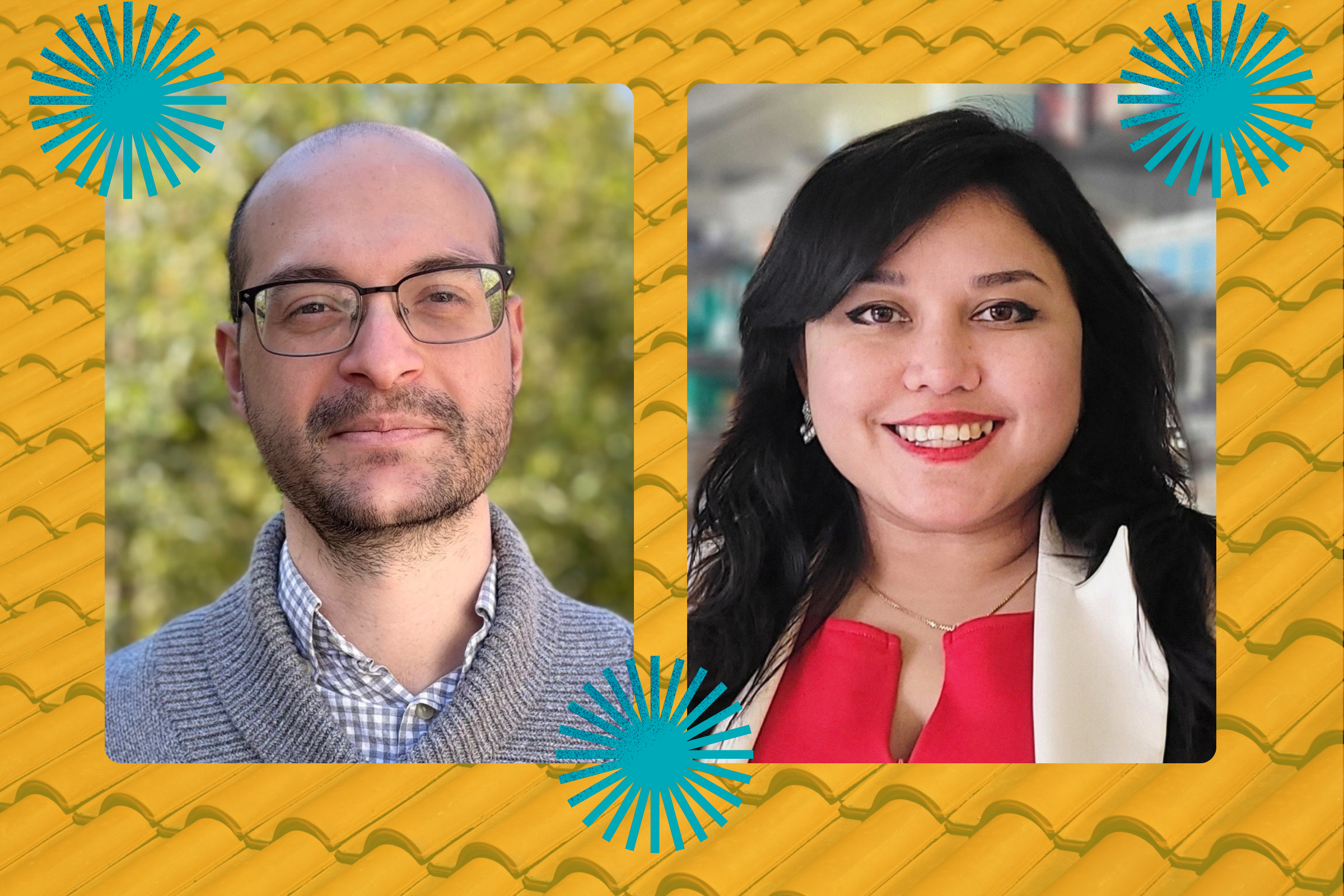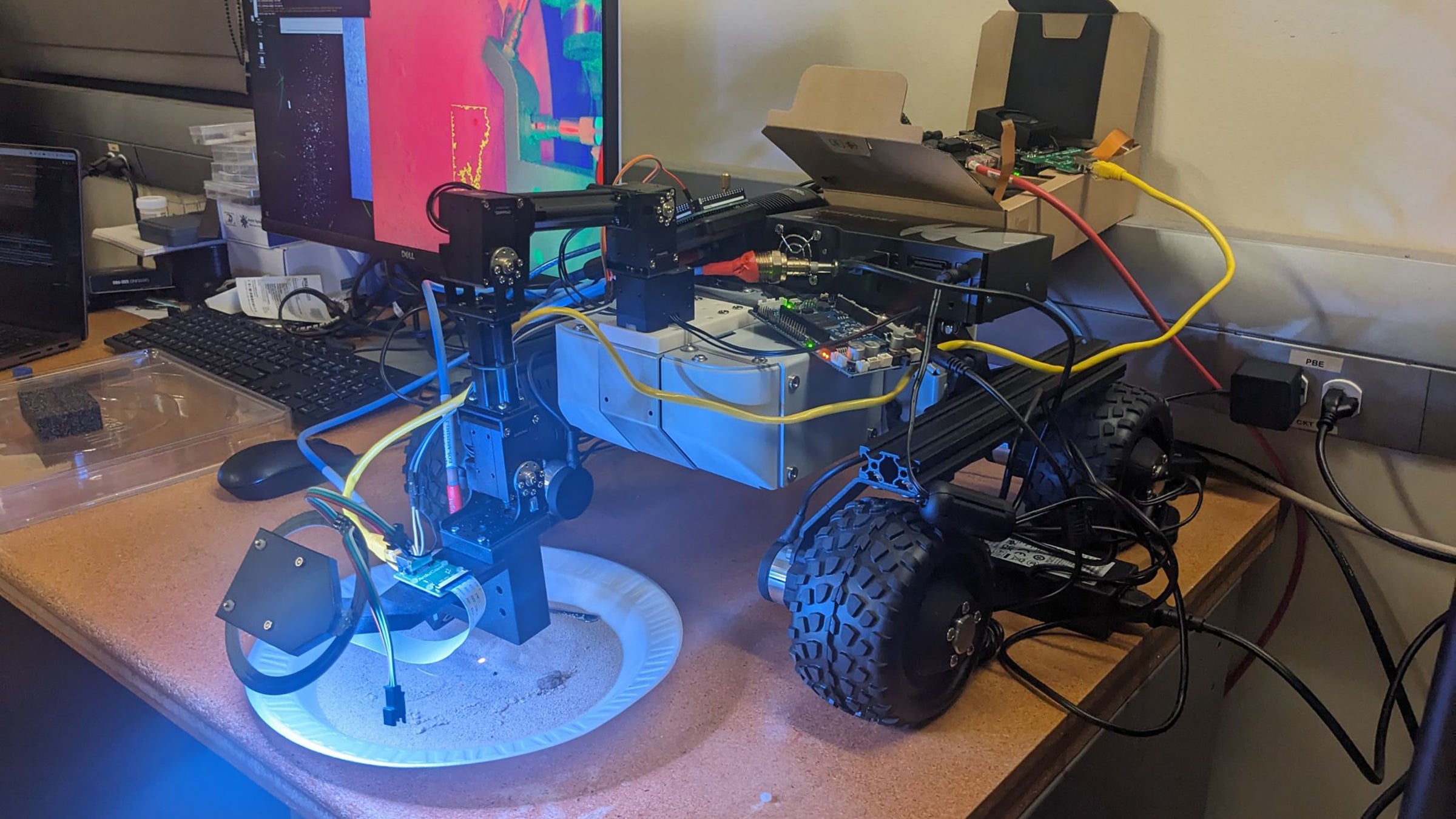Chemistry Ph.D. Student Awarded Computational Science Graduate Fellowship
UT Austin student Alexia Hartzell has been named a recipient of the prestigious Department of Energy award.

Alexia Hartzell, a student studying physical chemistry at The University of Texas at Austin, has been selected for a competitive Department of Energy fellowship this year, the Computational Science Graduate Fellowship. Along with 39 other graduate students nationwide, Hartzell received support for ongoing research involving high-performance computing.
The Department of Energy announced its largest-ever class of Computational Science Graduate Fellowship award winners earlier this summer.
Hartzell’s research focuses on the intersection of quantum mechanics, statistical mechanics and spectroscopy, specifically “developing simulations of nonlinear spectroscopies, such as fluorescence, to understand excited-state dynamics in systems relevant to diverse fields, like biology and engineering.”
One ambitious project involves building new computational tools for simulating cutting-edge experimental measurements in molecular materials, according to Doran Raccah, the assistant professor of chemistry whose lab Hartzell works in.
“The ability to control and direct energy transport on the 10- to 100-nanometer-length scale in molecular materials represents a new stage of materials technology,” Raccah said of the project. Hartzell’s research has potential applications for the development of materials used in LEDs and photovoltaics.
The Department of Energy Computational Science Graduate Fellowship includes a $45,000 yearly stipend and paid tuition, as well as a three-month practicum at a DOE laboratory.



